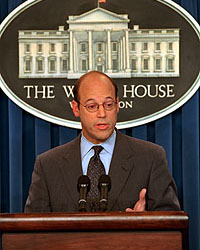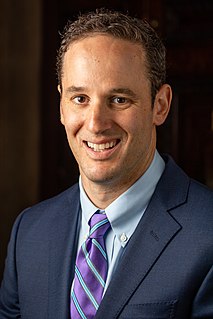A Quote by Jeffrey Sachs
We, being the Western world, wouldn't let Russia off the hook on debt. So there were demands on debt servicing in the early days until they ran out of reserves. There was no real aid program, just a fictional aid program.
Related Quotes
The reason the world is in the spot it's in is because North Korea entered into an agreement and then did not keep up their terms of the agreement. They received aid in return for promising not to develop nuclear weapons. They took the aid, they ran with the aid and then they developed a nuclear weapons anyway.
Uganda's budget is 40 percent aid-dependent. Ghana's budget is 50 percent aid-dependent. Even if you cancel the debt, you don't eliminate that aid dependency. This is what I mean by getting to the fundamental root causes of the problem. Government, the state sectors in many African countries need to be slashed so that, you know, you put a greater deal of reliance on the private sector. The private sector is the engine of growth. Africa's economy needs to grow but they're not growing.
I did go to an MFA program, at Bowling Green State University in Ohio. For me, it worked perfectly. It was a small program. They only take five fiction writers a year, and they fund all of us - you don't go into debt to get an MFA. It's not like getting an MBA - you're not going to buy yourself out.
My mother was being hounded by a debt collector over a debt that she didn't owe, and she eventually just paid it because she wanted the calls to stop. I was very surprised. It sounded so strange. I started poking around on the internet and found this was extremely common. There was this world where these debts were sold off by the banks for pennies on the dollar and bought and sold.




































